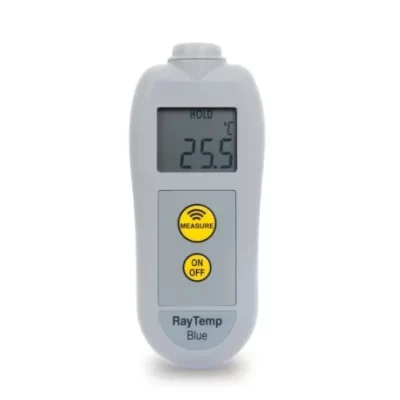Thermometer, Logger, Food Safety, Cold Chain
Food Safety in Transporation
The Importance of Food Safety in Transportation
Raw materials and finished products have varying life expectations depending on the items to be delivered. Therefore, keeping food fresh and safe will ensure top quality, which is crucial for food safety and quality standards.
Failure to keep the goods safe will lead to business hindrances like the disruption of operations, legal issues, and customer complaints.
Fortunately, you can avert these potential problems by choosing the right food transportation method. At the same time, it also helps food businesses in numerous ways, including:
- Maintaining credibility by meeting food safety and quality standards.
- Following food safety protocols to avoid food contamination.
- Deliver goods to any part of the globe quickly and effectively.

Equipment and Temperature in Food Safety
Ultimately, the goal—the reason for these regulations—is ensuring consumers have access to safe food. Because food products often travel thousands of miles, the responsibility for keeping food safe falls largely on those who transport it. To manage your responsibilities during transport, understand the requirements and commit to the following strategies:
Make sure your vehicles are in good mechanical condition and can keep food from becoming unsafe. This means having your drivers perform pre-trip inspections, adhere to each vehicle’s maintenance schedule, and ensure the vehicle’s capacity is appropriate for the load it’s about to transport.
Familiarize your drivers with applicable sanitary transportation practices for the cargo space and require on-the-road documentation.
Maintain records of your business’ written procedures, agreements, and training programs. Be sure to communicate these guidelines to your drivers at least annually and require their written acknowledgment and commitment to fulfilling them.
Encourage your drivers to make sure they have enough fuel to run cooling units during loading and unloading as well as during transit. The safest option? Always fill up before hauling.
Have your drivers use the same temperature-monitoring systems when transporting foods to ensure a consistent environment throughout the drive, and have them perform periodic temperature checks en route.
Make sure your drivers are familiar with the equipment and understand its limitations. For example, they should know how long it takes to pre-cool their trailer at specific outdoor temperatures. 45 minutes? Two hours? In extreme temperatures and when turnarounds are quick, this knowledge is key.

Food Safety When Working with Shippers
You play an essential role in keeping food products safe—and complying with FDA regulations throughout the process. This likely involves working directly with shippers and understanding their responsibilities, which include ensuring:
- Their vehicles and equipment are clean and sanitary before each trip.
- Their previous cargo won’t cross-contaminate the food products you provide them.
- They meet FSMA regulations regarding adequate temperature control.

Ultimately we are protecting food from contamination
It is important to protect food from contamination by keeping it covered at all times. You can achieve this by using containers with lids or by applying plastic film over containers. Materials used to cover food should be suitable for food contact, to ensure that they do not contain any chemicals that could leach into the food. Aluminum foil, plastic film, and clean paper may be used, and food should be completely covered. Packaged products should not need additional covering.
Give us a call at +27 11 728 6099 to get your order in.

